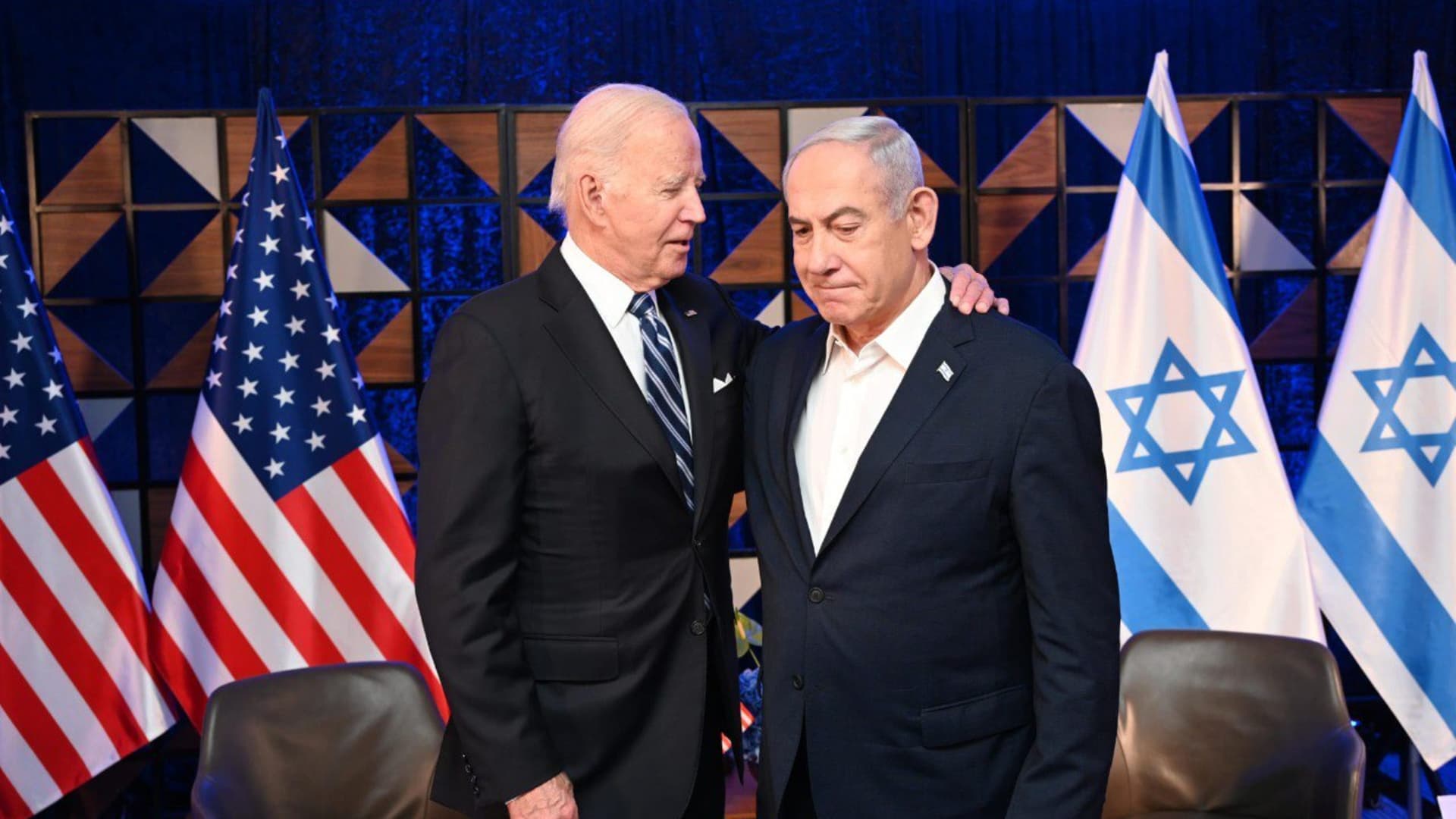In a dazzling display of diplomatic gymnastics, the United States has declared that while its weapons sold to Israel may have been “technically, sort of, maybe” used in ways that bend if not outright fracture international law, this slight mishap is no reason to halt the lucrative arms sales that have been the backbone of the friendship between the two nations.
“We believe in the responsible use of the weapons we sell,” stated a U.S. official, wearing a tie decorated with tiny, gold-printed tanks and missiles. “However, ‘responsibility’ is a subjective term, much like ‘calories on vacation don’t count’ or ‘I’ll start the diet on Monday.'”
The revelation came after an internal investigation, prompted by international outcry, seemed to confirm that U.S.-made weapons were used in several operations that some critics have audaciously suggested might violate some international norms and laws. “Look, sometimes you use a hammer to hang a picture on the wall, and sometimes you accidentally smash your thumb,” the official elaborated, shrugging. “Doesn’t mean we should stop selling hammers.”
Economic experts suggest that the decision to continue arms sales is underpinned by the time-honored tradition of ‘economic pragmatism,’ a phrase here meaning ‘money talks.’ “It’s simple,” explained an industry analyst while polishing a model drone. “The flow of arms is essential for the flow of cash, and you don’t turn off the faucet just because the water gets a bit murky.”
Activists and human rights organizations have expressed dismay at the U.S. stance, with one NGO director commenting, “It’s like watching someone sell fireworks to a toddler. Sure, it’s profitable, but should you really be surprised when the curtains catch fire?”
As for the international community, responses have ranged from disapproving tuts to vehement denunciations, though many admit off the record that their own hands are not entirely clean, occasionally resembling a toddler’s after a particularly messy chocolate cake.
Meanwhile, sales brochures boasting “slightly used, almost legal” weaponry are reportedly being printed as the U.S. arms industry braces for a ‘buy one, get a moral quandary free’ holiday sale.

